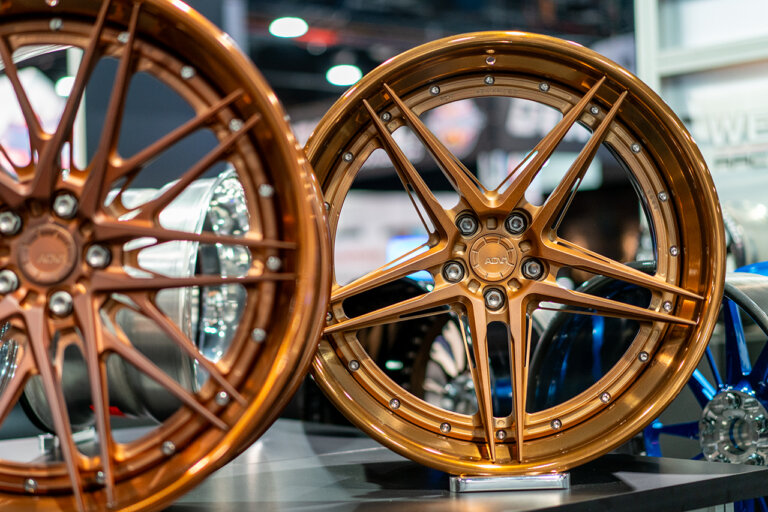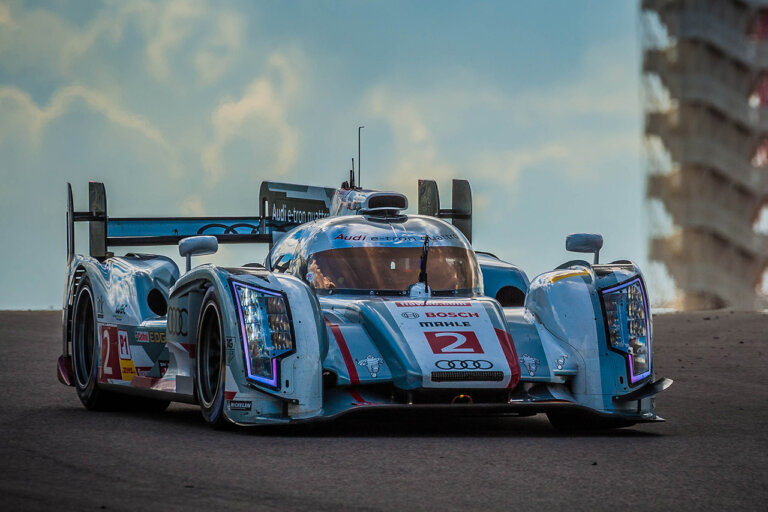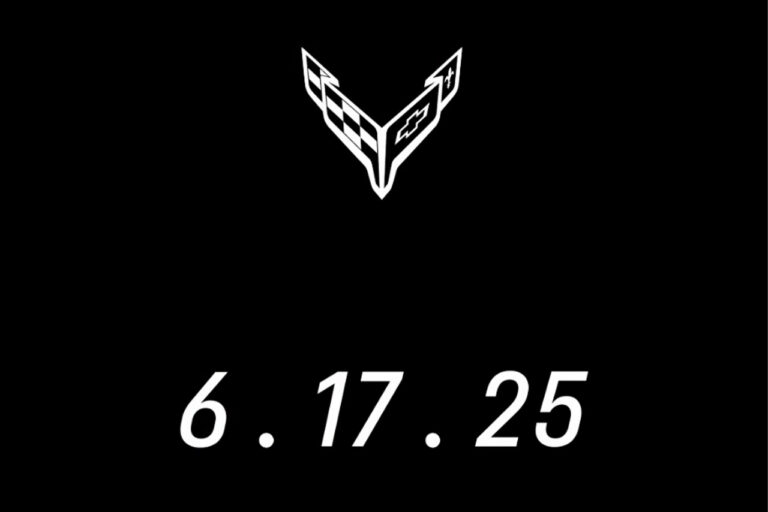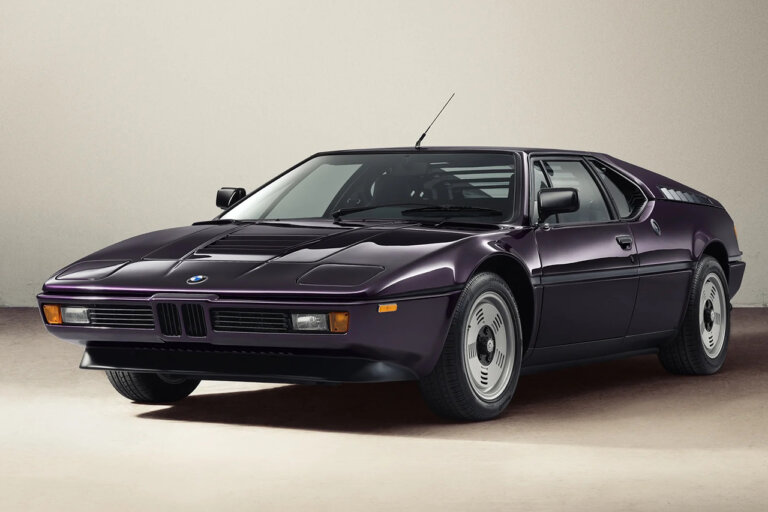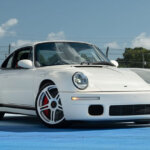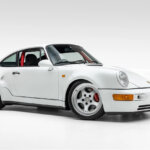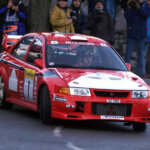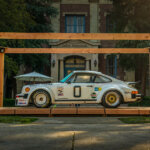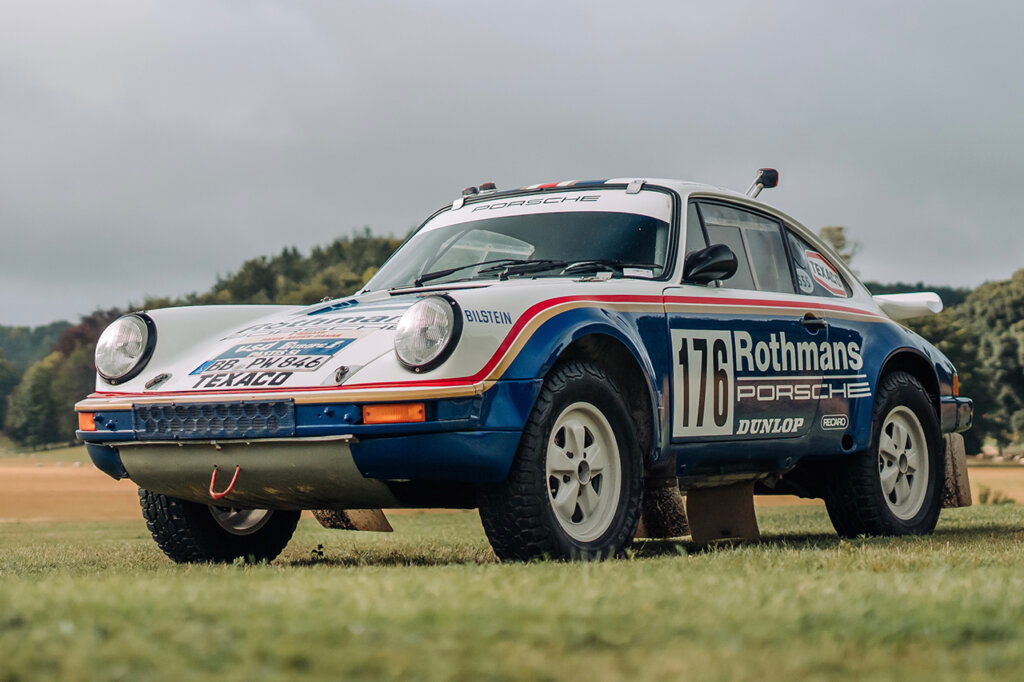
In 1984, the Paris-Dakar Rally witnessed a groundbreaking victory that defied conventional expectations in the world of off-road racing. The triumph came courtesy of a specially developed Porsche 911 Carrera 3.2 4×4 Paris Dakar (Porsche 953). Led by project manager and driver Roland Kussmaul, this unique Porsche aimed to conquer the challenges posed by the grueling rally – a battle against scorching heat, ever-changing terrain, and the logistical difficulties of servicing cars in remote locations.
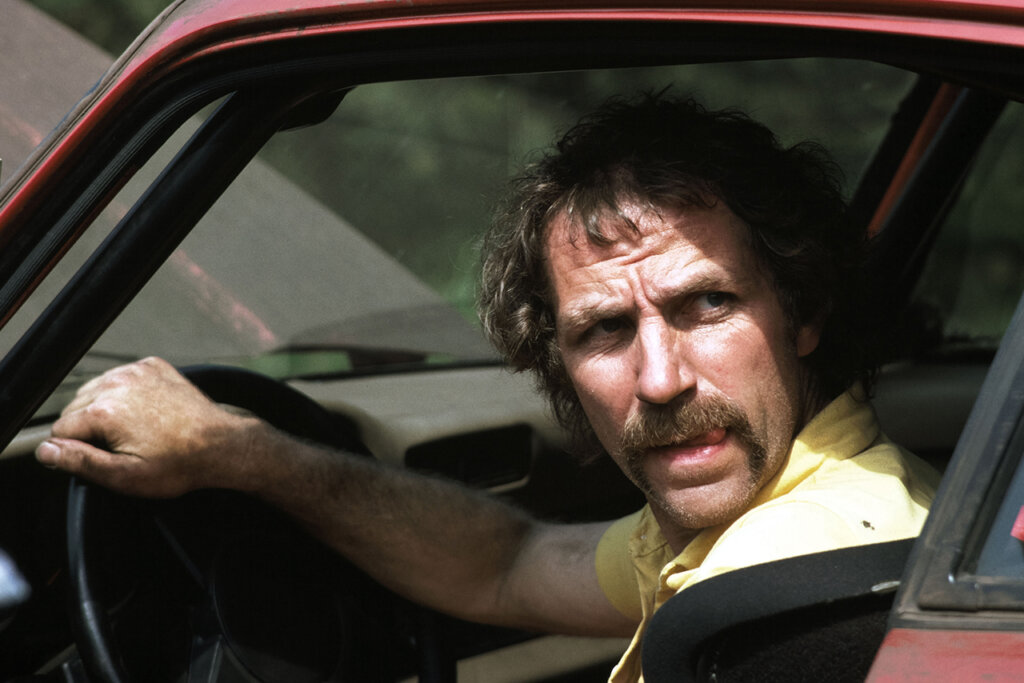
Source: Porsche
Equipped with a 3.2-liter air-cooled flat-six engine producing roughly around 300HP. This engine was a boxer-six configuration, known for its horizontally opposed cylinder arrangement. The Dakar Porsche 953’s engine, while relatively standard in terms of displacement, was adapted and enhanced for off-road racing, featuring specific modifications to meet the challenges of the Paris-Dakar Rally.
Because of the specifications of this infamous race, the team introduced a new all-wheel-drive system with a 31:69 power distribution between the front and rear axles, along with a manually locking center differential. Designed to withstand harsh conditions, the car boasted increased wheel travel to 270mm, a double-wishbone suspension with twin shock absorbers at the front, and a reinforced axle with additional coil springs at the rear.
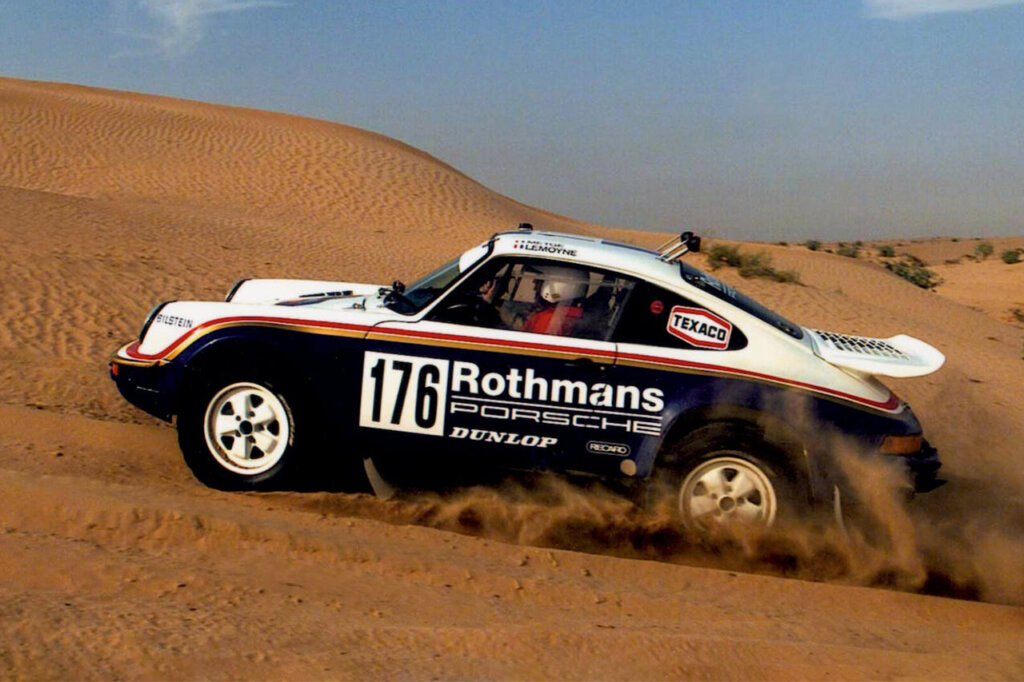
Source: Porsche
The body of the Dakar Porsche 953 was a 911 G series shell reinforced by a welded steel roll cage. To save weight, the doors, roof, front bumpers, and most of the glass were made of polycarbonate plastics. Essential for covering the vast distances of the Paris-Dakar Rally, the car featured a 120-liter fuel tank in the front luggage compartment and a 150-liter tank mounted behind the driver’s seat.
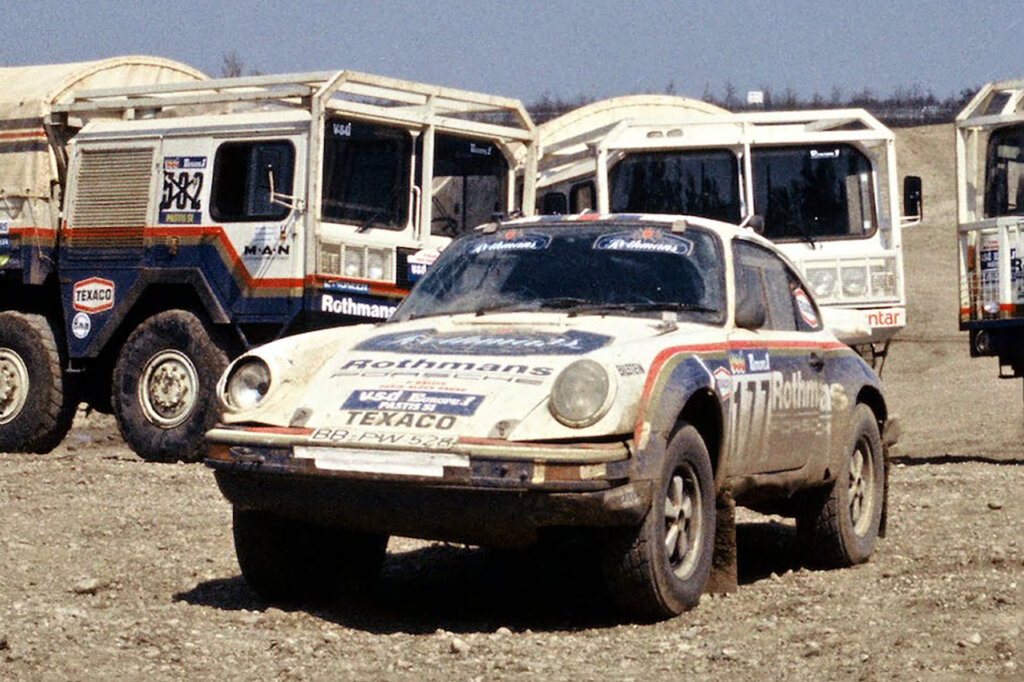
In the inaugural outing for the 911 in the race, only three 953 cars participated, driven by motorsport legend Jacky Ickx, Frenchman René Metge, and project manager Roland Kussmaul. Despite initial skepticism about pitting a sports car against traditional off-road vehicles, Metge and co-driver Dominique Lemoyne secured a stunning overall victory. Ickx and co-driver Claude Brasseur, after overcoming setbacks, finished a commendable sixth, showcasing the speed, agility, and all-wheel-drive capability of the 911 Carrera 4×4 (953). Kussmaul and co-pilot Erich Lerner achieved a highly creditable 26th place.
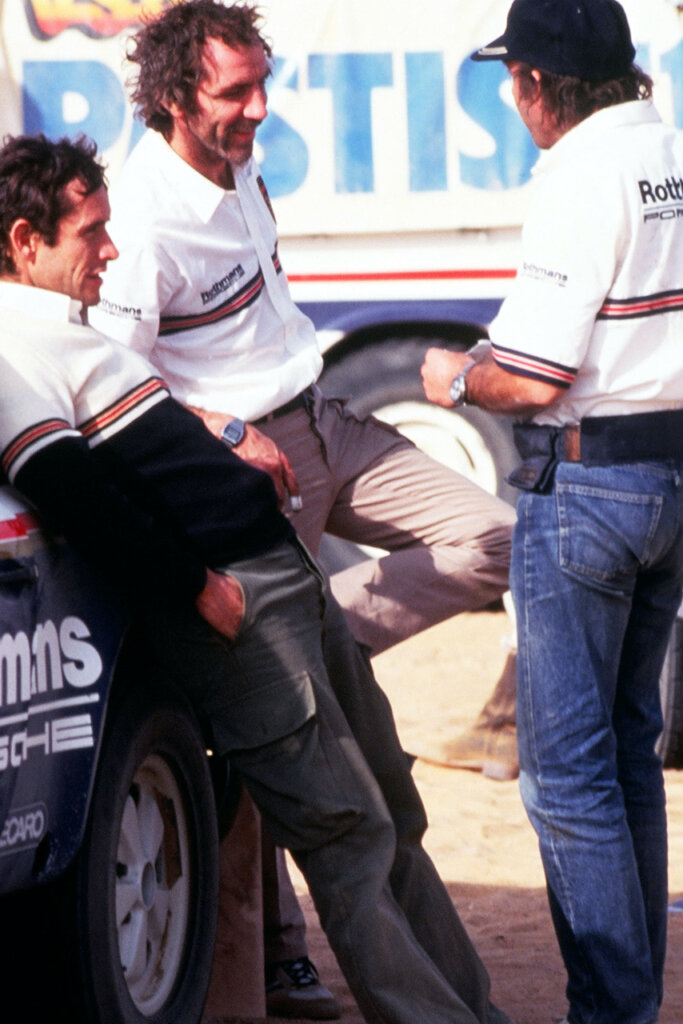
Source: Porsche
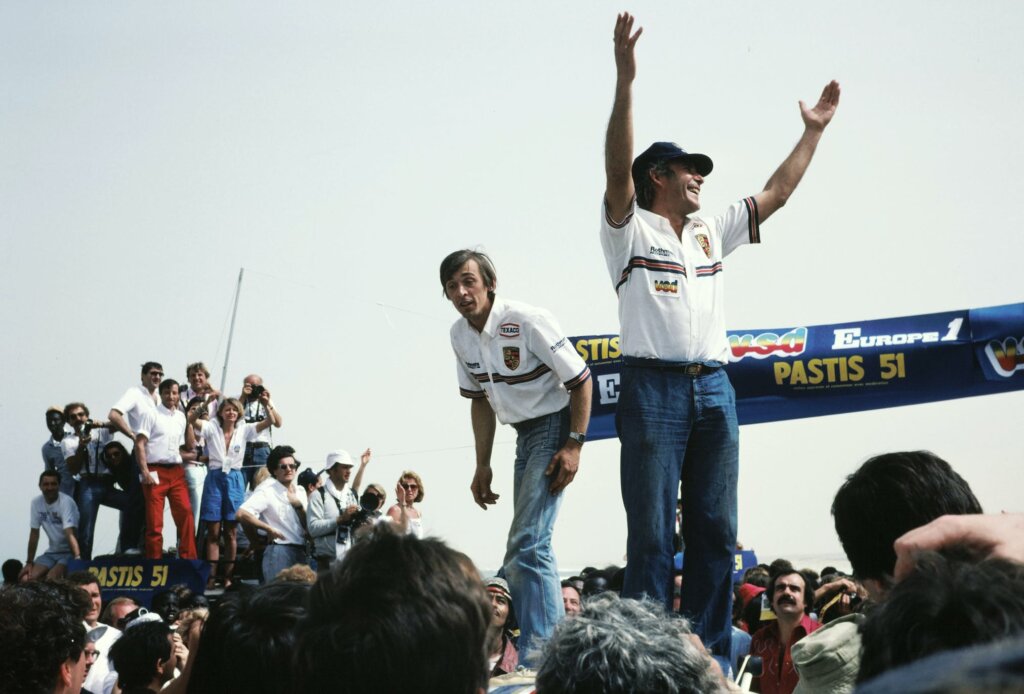
The victory in 1984 marked the first time a sports car had triumphed in the challenging Paris-Dakar Rally, challenging perceptions and earning respect for Porsche’s expertise in off-road racing. The success of the Dakar Porsche 953 paved the way for further triumphs, including a win in 1986 with the Porsche 959, reinforcing Porsche’s ability to compete and excel against vehicles with a more traditional rallying heritage.
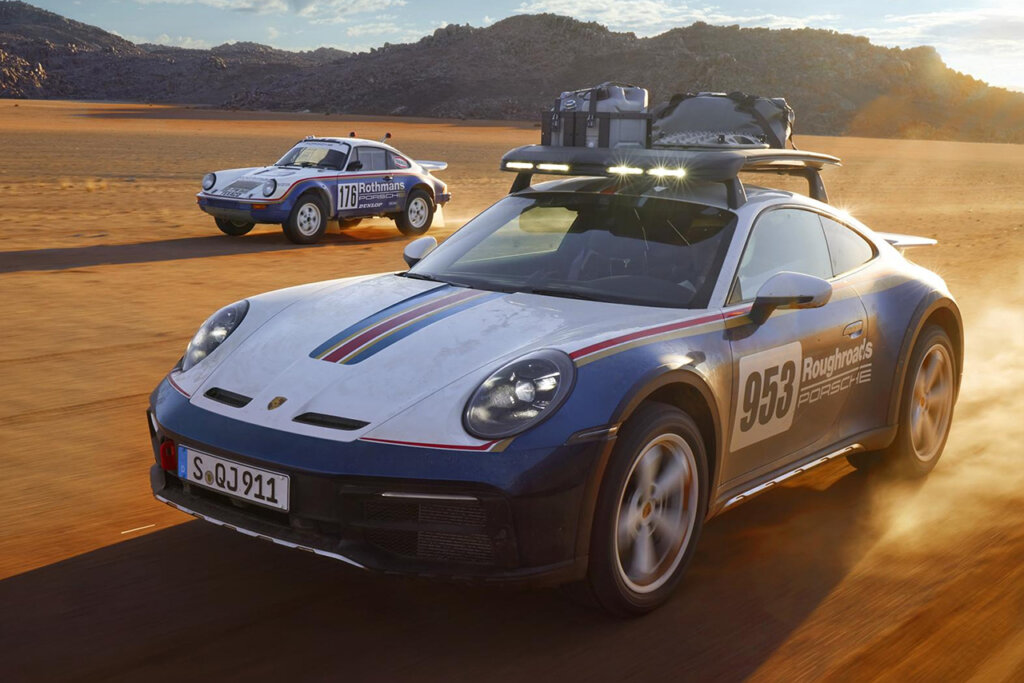
Source: Porsche

